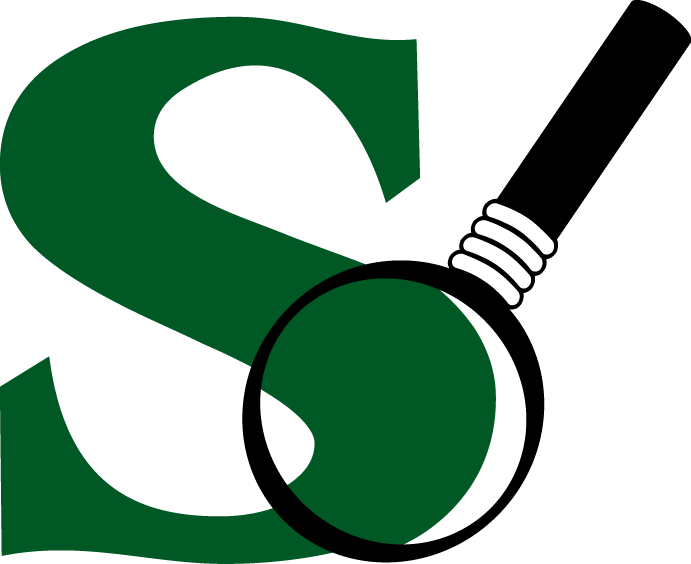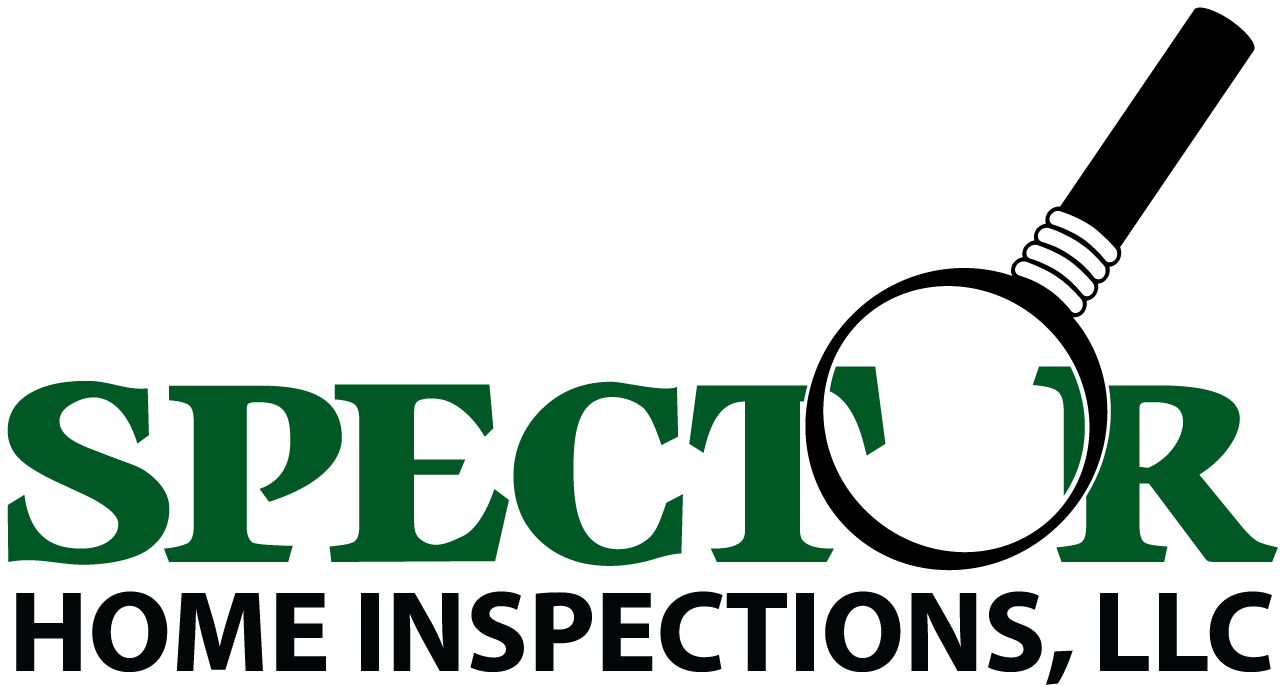SPECTOR HOME INSPECTIONS, LLC.
Selecting an Inspector & Pricing
But I’m Buying a Starter House. I Can’t Afford to Hire the Best Home Inspector
The truth is that you can not afford the cheapest inspector. If money is tight, how are you going to pay for the repairs that low-cost-inspector fails to report? Skillfull inspectors know how much their knowledge and inspection is worth. Hiring an inspector based on his skill level and professionalism might save you from financial ruin.
Hiring the best home inspector doesn’t cost, it saves you money and brings you peace of mind. You’ll sleep better knowing that you are buying a safe and sound home. And it’s not that expensive. Great home inspections start in the $300-$400 range.
Here’s a list of questions you can use to make sure you are hiring a qualified home inspector.
How long have you been in business?
Experience counts in this business. There is no substitute. Don’t hire anyone who’s been in business for less than five years. On the other hand, there are inspectors who have been around for years who do a crummy job. With no training and no continuing education, they often don’t realize how sub-standard they are.
Are you licensed as a home inspector?
If your state requires licensing, this is a no-brainer. There are inspectors out there operating illegally.
Do you have any other qualifications?
Most good inspectors have other credentials, such as a contractors license or certification from a Building Code Organization.
Do you have any formal training?
The majority of home inspectors don’t. Most of us get formal training at weekend seminars or conferences. Good home inspectors sit through more than 50 hours of educational sessions each year.
What did you do before you got into the inspection business?
A background in construction or engineering is preferable. The more experience your inspector has, the better. Avoid someone who was selling shoes last year.
Will you be doing my inspection personally?
Make sure you know who will be doing your inspection. You want the boss, not a trainee.
What Standard do you use for inspecting?
Many uneducated inspectors don’t use any recognized standard of practice. The ASHI Standard of Practice are the most widely recognized. Your state may have it’s own standard. You’ll find it’s based upon the ASHI Standards or it is the ASHI Standards. Other home inspection organizations have standards of practice. Most of these parallel the ASHI Standards.
Do you take photographs?
The most advanced inspectors take digital photos of defects for their report. Photos make it easier for everyone to understand the problem. Especially when the problem is where you can’t get to it. Like the roof or the crawl space.
How much do you charge?
Fees vary widely. You’ll find that inspectors who have been around a long time and do a good job tend to charge more. It’s like anything else. You get what you pay for. In fact, you can probably judge the skill level of the inspector by the price he charges. And in this case, you want the best, not the cheapest. Most real estate contracts require the seller to repair defects found during the inspection. Missing even one of these defects will end up costing you money. Need more convincing? Think about this. Would you hire the cheapest attorney you could find, if you found yourself in a precarious situation?
We recommend you print and save this page to assist you in selecting a competent home inspector.
A home cannot fail an inspection. A professional home inspection gives you an independent, unbiased view of any problems and their solutions, so that you will have all the facts you need to make a sound, informed decision.
Depending on the size and condition of the home, a thorough home inspection will take no more than four hours, usually between an hour and a half and three hours. Ideally, you will accompany your inspector during the consultation, so that you will have visual reinforcement of your written report.
We take our inspection reports seriously. Every inspection is a complete and thorough analysis of all the major systems and components in the home. The report includes a clear description of what We’ve found with any problem areas noted, so you can easily identify them. Our inspectors also provide a free telephone consultation after your inspection.
A thorough home inspection will include at a minimum the following.
Roofing
(shingles, flashings, chimneys, vents, trim and gutters, drip edges, skylights, downspouts, and other visible roof related items)
Attics
(insulation, ventilation, rafters, joists and collar ties, trusses, wiring attachments, and other visible related items)
Plumbing and Fixtures
(water pressure, water distribution system, hose bibs, sinks and faucets, bath/showers and toilets, sanitary system, and other plumbing system components)
Interior
(floors and ceilings, walls, stairs (if applicable) and banisters, finishes, sinks, cabinets, shelving, built-in appliances, smoke detectors and safety-related items, and other visible interior-related components)
Heating and Cooling Systems
(furnace, air cleaning parts, ductwork, electronic monoxide testing, electric gas sniffer testing, air conditioner and lines, and other visible related HVAC components)
Electrical Systems
(service entry and clearances, service panel, switches and outlets, visible wiring and junction boxes, grounding system, and other related electrical components)
Basements, Crawl Spaces, & Foundation
(insulation, ventilation, posts, vapor barriers, utility attachment, structural items, floors and walls, and columns)
Exterior
(siding materials, attachments, windows, doors, sashes and lintels, vents, entryways, and other visible exterior related components)
And Much More
Environmental Issues
Decks and Porches
Fireplaces
Overall Structure
Pool
Appliances
Irrigation
Garage
Fencing
Grounds/Vegetation
Home, Commercial, Mold, Warranty Inspection, Termite.
Serving Indian River County
Contact
Head Office
Call Us
(772) 564-0191
EMAIL US
david@spectorinspection.com

